Pinnawala elephant orphanage
The island nation of Sri Lanka, which lies just below the Indian subcontinent, is brimming with attractions including stunning beaches, verdant landscapes, animal sanctuaries, tea plantations, and historical monuments. The greatest captive herd of elephants in the world is housed at the Pinnawala Elephant Orphanage, founded in 1975. It serves as a breeding site for wild Asian elephants with an emphasis on their care and preservation.
The government-run park is one of Sri Lanka’s top tourist destinations, and it is close to Kandy. In Sri Lanka’s forests, visitors may see orphaned and suckling calves as well as disabled adults and learn about elephant behavioral patterns and mahout traditions. The government-run park is one of Sri Lanka’s top tourist destinations.
History of Pinnawala elephant orphanage
The Pinnawala Elephant Orphanage was founded in 1975 by the Sri Lankan Wildlife Department to care for and preserve injured and abandoned elephants in the nation’s forests. Vijaya, Neela, Kadira, Mathlee, and Kumari, five abandoned calves, became the first residents of the orphanage. Before being named Pinnawala, it was eventually moved to the National Holiday Resort at Bentota Beach and the Dehiwala Zoo. The largest herd of captive elephants in the world is now housed in Pinnawala, which has over 100 elephants. Currently, the sanctuary is home to hundreds of adult elephants, some of whom are receiving the right care for their injuries and disabilities.
Where is the Pinnawala elephant orphanage
The Pinnawala Elephant Orphanage is located in Pinnawala Village, 13 kilometers northeast of Kegalle Town, in the Sabaragamuwa Province of Sri Lanka. It is located northwest of Kegalle. It is located midway between the capital of Colombo and the Kandy region, 90 kilometers away. The A1 Colombo-Kandy major road has a turnoff near Kegalle at the 82-kilometer mark, which leads to the Pinnawala elephant orphanage. Rambukkana, which is only two kilometers distant, has the closest railway station. which is a fantastic day trip location.
Best time to visit Pinnawala
The rainy season determines the best time to visit Sri Lanka, with November to early April being ideal for Pinnawala. The weather is warm during this period and the temperature ranges from 29.3°C to 33.9°C.
Things to do in Pinnawala elephant orphanage
The Elephant Orphanage in Pinnawala, Sri Lanka, houses over 60 orphaned elephants and provides daily food, including rice bran, maize, and green matter. It is home to the world’s largest captive elephant herd and offers stunning views of babies bathing in their foster homes or being bottle-fed and bathed by human foster fathers. the orphanage offers a unique experience with bathing times at 10 am and 2 pm, with feeding time an hour earlier.
Features of Pinnawala elephant orphanage
Pinnawala Elephant Orphanage is a well-known tourist destination in Sri Lanka due to its reputation for housing the greatest number of captive wild elephants. Nearly 96 elephants from three different generations live in the orphanage, together with 48 mahouts. With 25 acres of ground covered with coconut trees and located next to the Maha Oya River, the park offers the elephants plenty of water. The elephants are confined in solitary confinement even though they are allowed to roam freely and are constantly escorted by mahouts and caregivers.
Aims of Pinnawala elephant orphanage
The Pinnawala Elephant Orphanage aims to provide a lifeline for orphaned babies and adult elephants lost in the wilderness. The orphanage is supported by over 100 employees, including mahouts, and offers captive breeding for elephants. The orphanage is free from stress, abuse, and threats, and has successfully initiated a scientific captive-breeding program with local and foreign experts. The orphanage has successfully rescued orphaned elephants from various situations, including mother elephant deaths, farmer attacks, and wildlife.
The Pinnawala elephant orphanage timetable
- 08.30 hours – Open to visitors
- 09.15 hours – Bottle feeding
- 10.00 hours – Herd leaving for the river
- 12.00 hours – Return from the river
- 13.15 hours – Bottle feeding
- 14.00 hours – Herd leaving for the river
- 16.00 hours – Return from the river
- 17.00 hours – Bottle feeding
- 17.30 hours – Ticket counters close
- 18.00 hours – Close to public
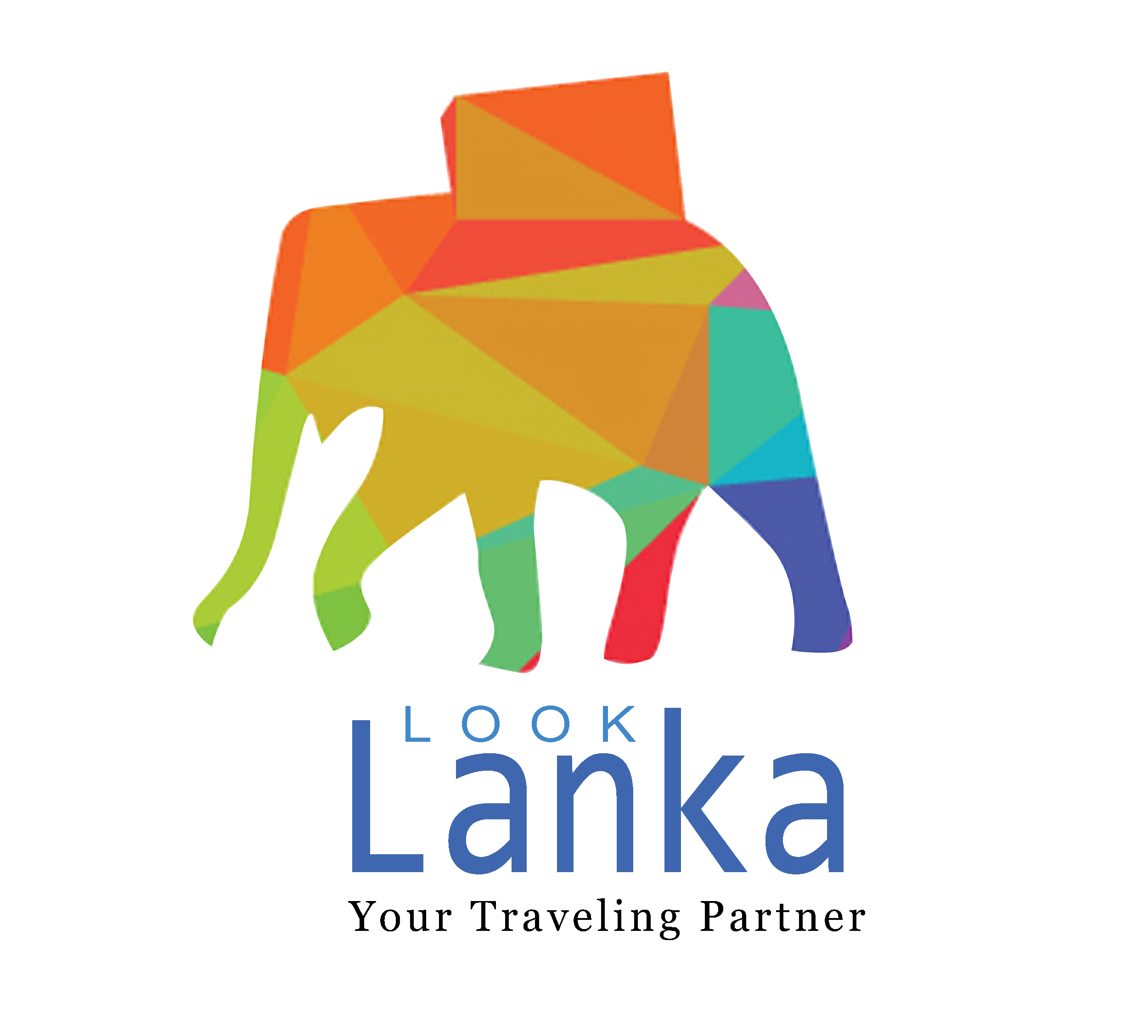

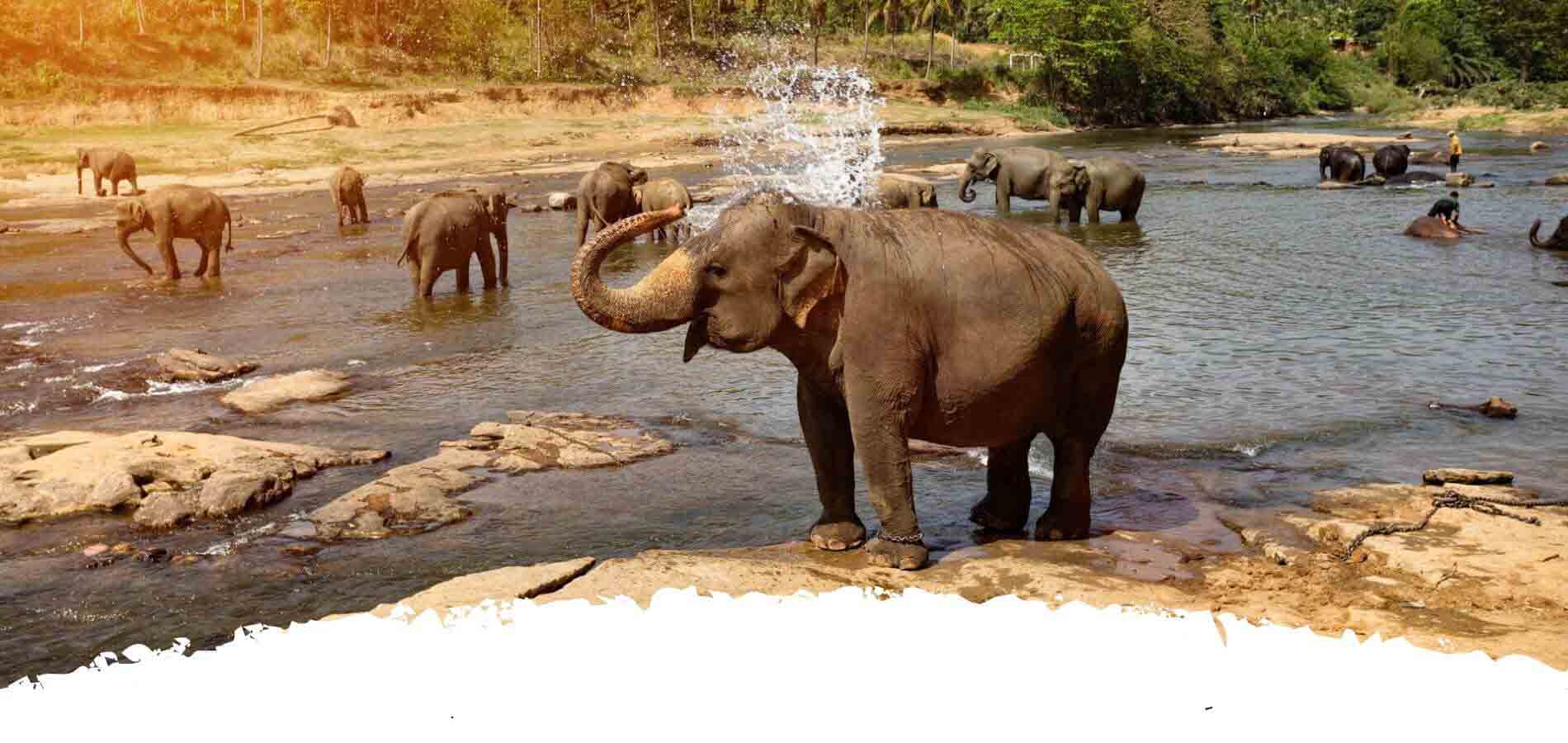
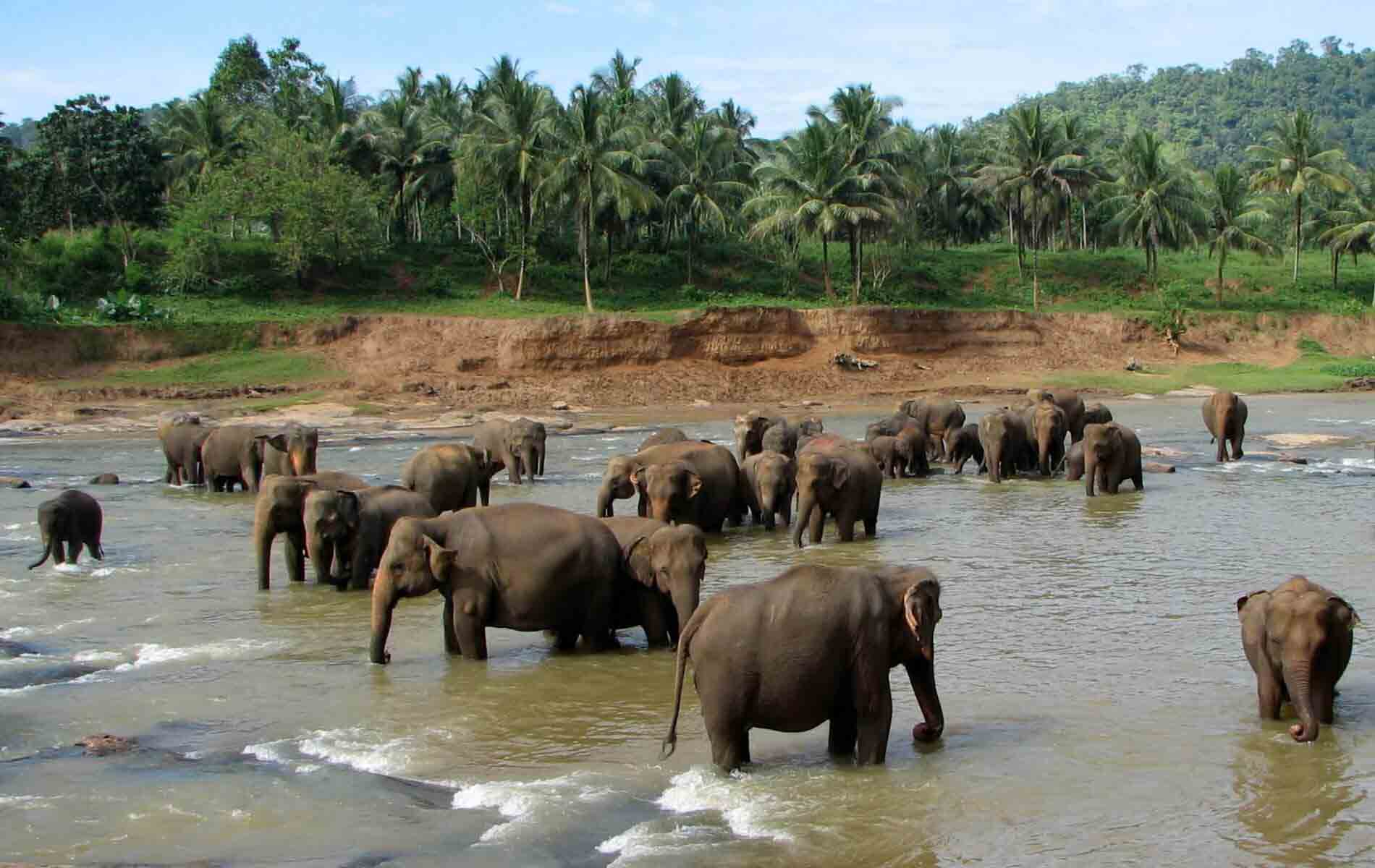
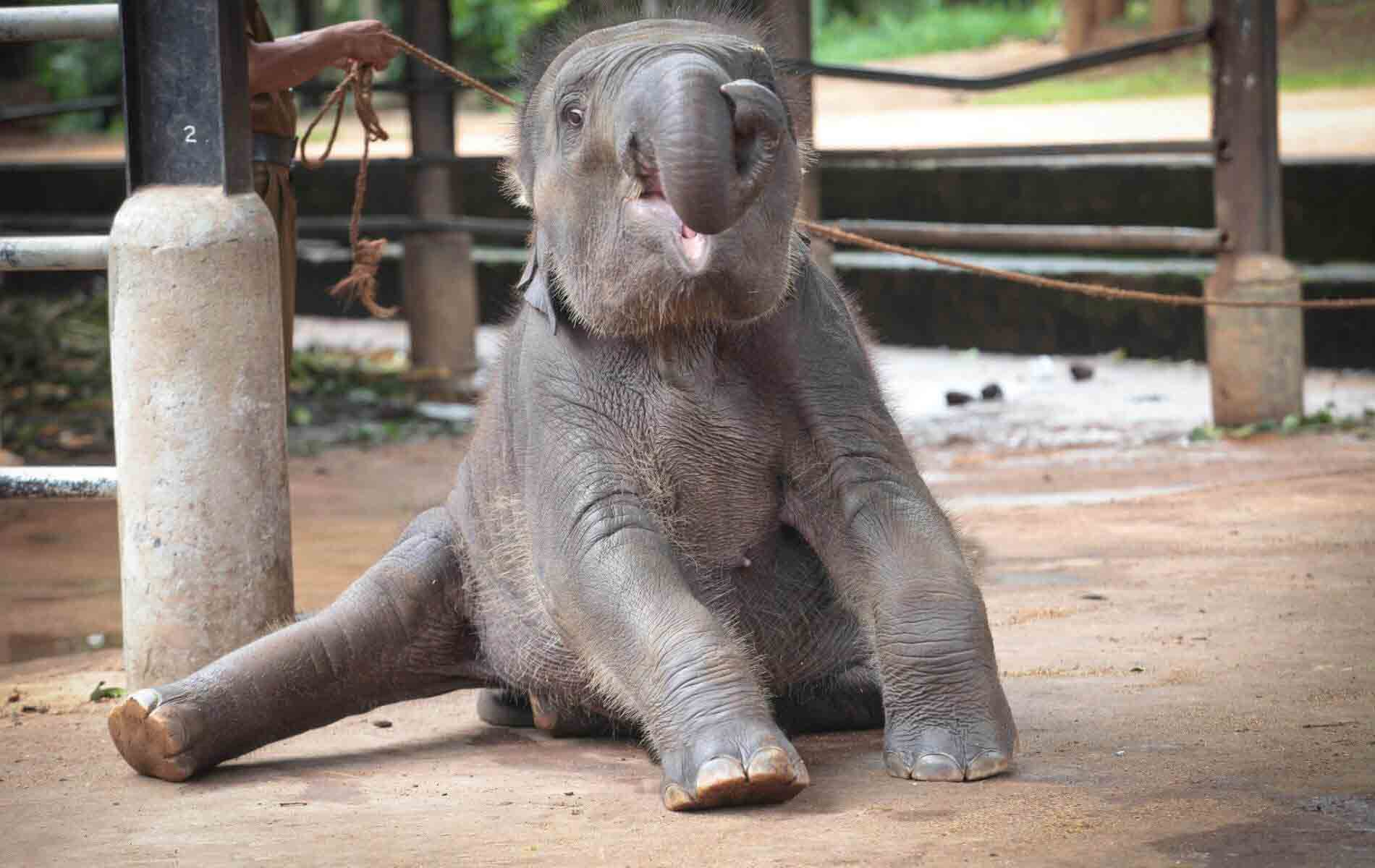
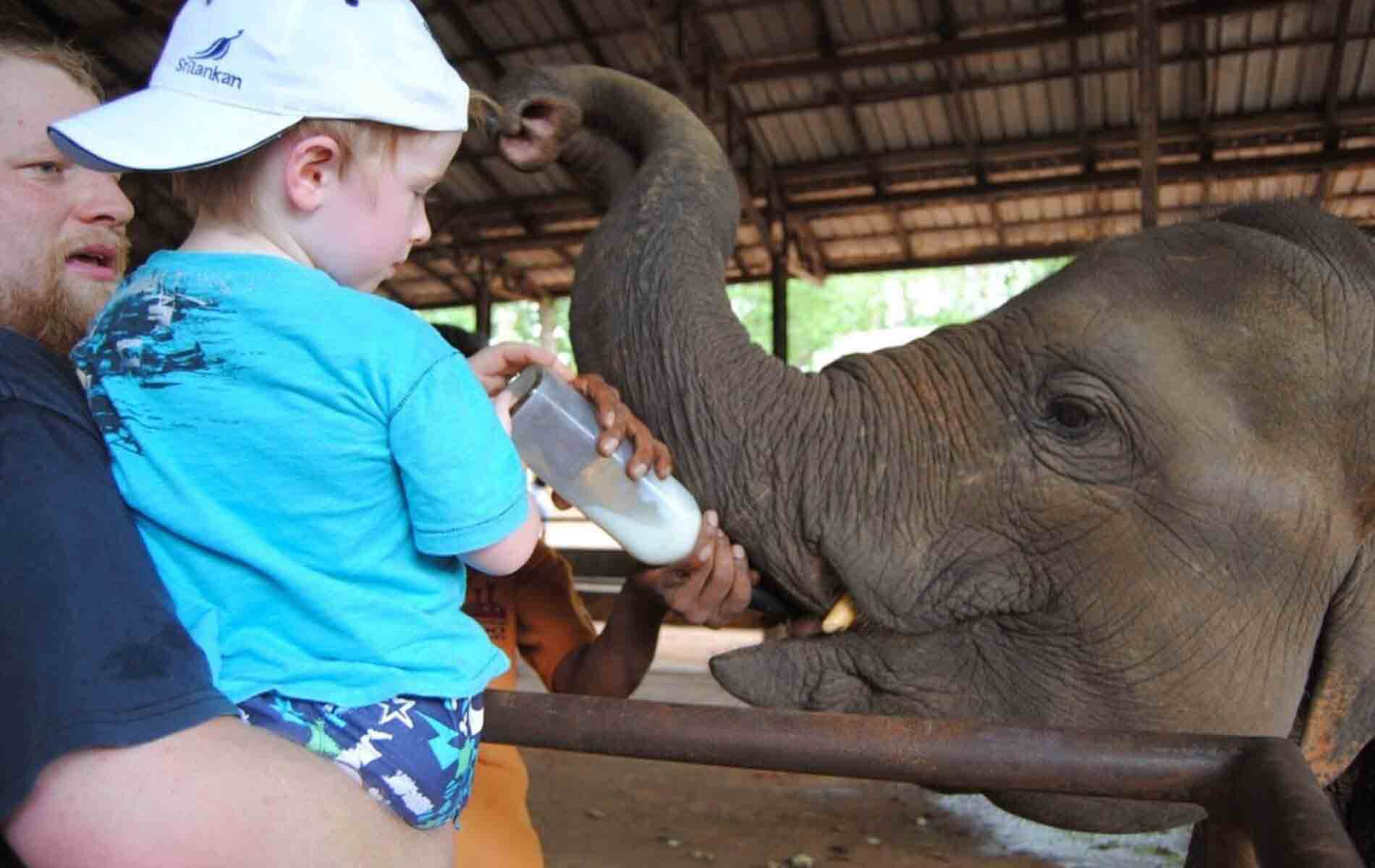
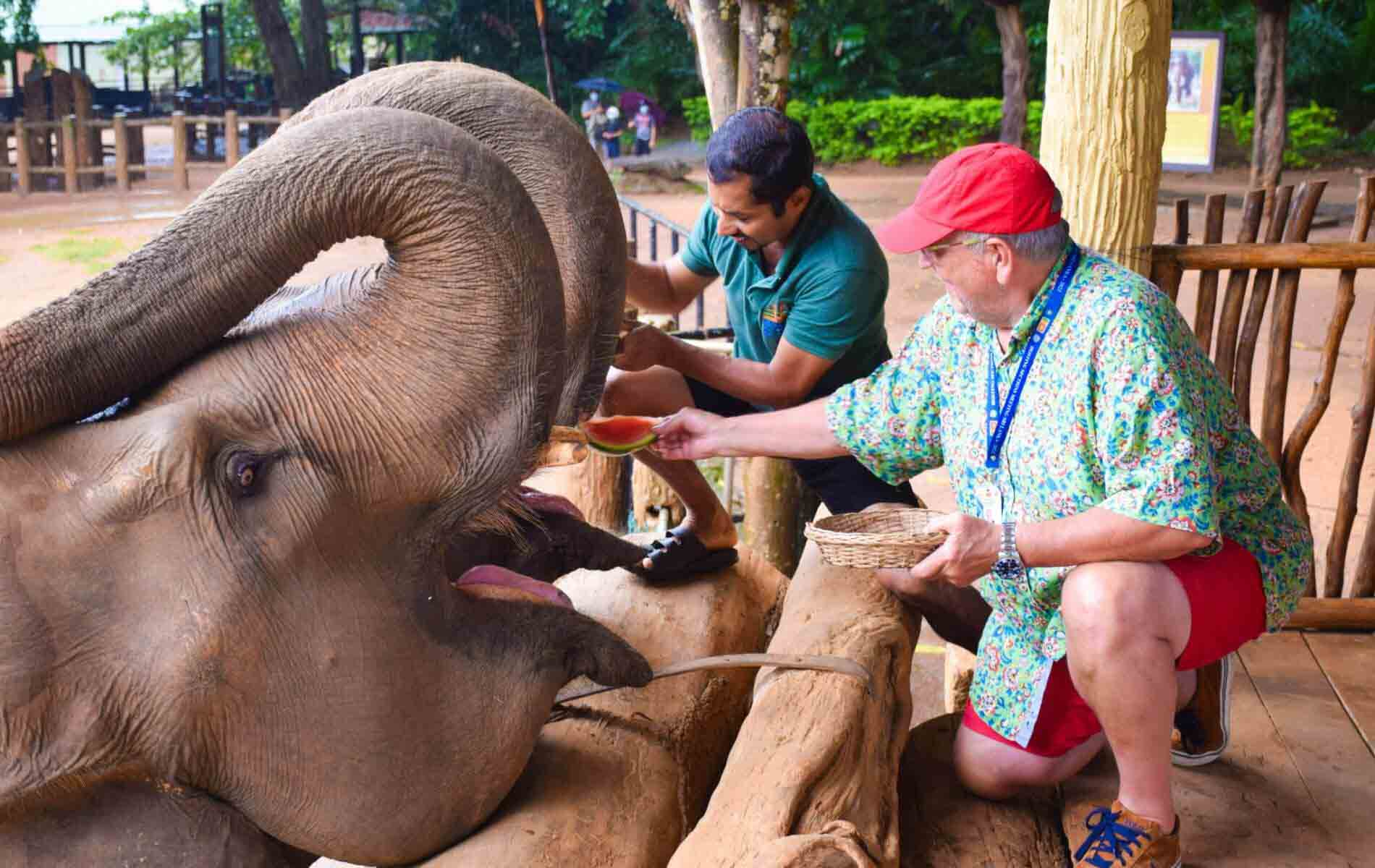


Comment (0)